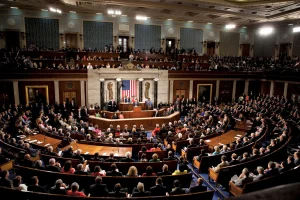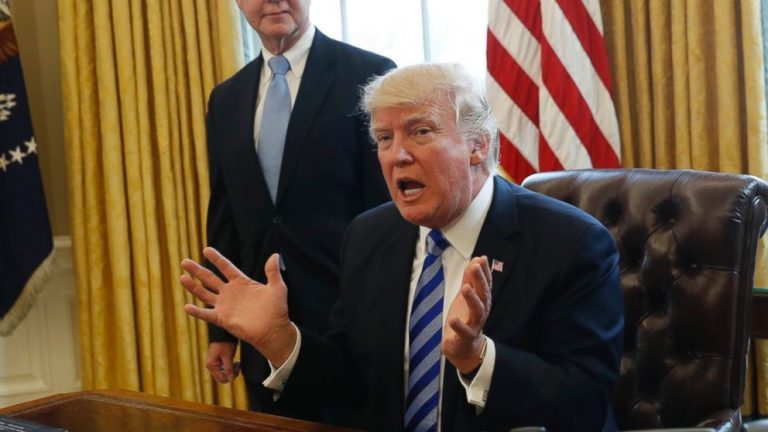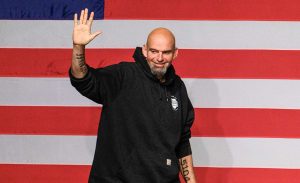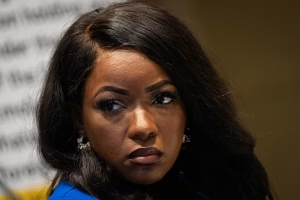Former Fox-News anchor and current media commentator Megyn Kelly has ignited a firestorm of criticism this week after remarks she made regarding Jeffrey Epstein and the age of his victims. In a discussion on her podcast, Kelly appeared to draw a distinction between younger children and teenage victims, describing Epstein as someone who “liked 15-year-old girls” and suggesting he was therefore “not a pedophile.” The comments — and the way she framed them — have prompted outrage from survivors, activists, media critics and former colleagues alike.
Kelly’s words have forced uncomfortable conversations about how public figures talk about abuse, how victimhood is framed, and whether words of “nuance” still carry meaning when applied to horrific crimes. What follows is a breakdown of the incident, the fallout, and why many believe the conversation Kelly triggered is deeply dangerous.
The Comments That Sparked the Backlash
On the November 12 episode of The Megyn Kelly Show, Kelly referenced “somebody very, very close to this case” with access to Epstein’s dealings. According to her, this source told her:
“Jeffrey Epstein, in this person’s view, was not a pedophile,” she said.
“He was into the ‘barely-legal’ type. Like, he liked 15-year-old girls.”
Kelly reiterated:
“I realise this is disgusting. I’m definitely not trying to make an excuse for this. I’m just giving you facts…”
Then she stated:
“He wasn’t into, like, eight-year-olds.”
Further, she added:
“We have yet to see anybody come forward and say, ‘I was under 10, I was under 14 when I first came within his purview.’ … There’s a difference between a 15-year-old and a five-year-old, you know?”
The juxtaposition of those ages — fifteen, five, eight — and the suggestion of a measurable “difference” in victimhood provoked immediate attention.
Why the Comments Are So Controversial
Legally and morally, the notion that abuse of a 15-year-old is meaningfully different from abuse of a younger child is highly fraught. In every U.S. state, sex with a minor (defined as under 18) is illegal; consent laws render a 15-year-old incapable of consenting to sexual interaction with an adult. Many survivors and advocates say that framing the abuse as “barely legal” or prioritizing age differences in that way risks minimizing the crime.
Critics say Kelly’s remarks verge on what has been dubbed “pedophile math” — the notion that one can qualify the severity of sexual predation by comparing ages. This, they argue, is disingenuous and dangerous: it shifts the conversation from the offender and the harm inflicted to a misguided calculus of relative innocence. As one survivor put it: “Regardless of age, a 15-year-old becomes a victim when an adult abuses power. The damage is the same.”
The broader concern is that when someone of Kelly’s profile begins distinguishing between degrees of crime based on age alone, it opens public discourse to relativism. A victim who was 14 may therefore feel discounted. Those who work with survivors highlight that trauma from grooming and exploitation often begins much earlier than the public imagines; the notion that “it must have been older than X” can silence voices.
Fallout: Outrage, Social Media Backlash, and Industry Reaction
Within hours of Kelly’s comments going public, the backlash was swift. Former co-host and political commentator Meghan McCain called Kelly’s framing “insane,” asking:
“Why are we having a conversation about what is okay or more socially acceptable when it comes to pedophilia?”
She emphasized the legal reality: a 15-year-old is a child under the law. Others chimed in with similar critiques. Actress Christina Ricci posted her disgust on social media. One survivor, Marina Lacerda, who says she met Epstein at age 14, labelled Kelly’s remarks “troubling” and “dangerous” — saying it sends the message that “some teenage victims are more valid than others.”
Media commentators also piled on. On The Daily Show, host Josh Johnson derided Kelly’s distinction as “diet pedophilia” and held up her words as an example of right-wing media failing to take sexual exploitation seriously.
Despite the uproar, Kelly returned to her platform to defend her remarks. She insisted she was “not trying to make an excuse” for Epstein, but claimed she was presenting a viewpoint from someone close to the case. She also alleged the media was using the Epstein story for broader political attacks — particularly to implicate former President Donald Trump — and that her remarks were being misrepresented.
Why Kelly’s Position Feels Unmoored
Kelly once built her public reputation by tackling sexual harassment, most famously at Fox News during the #MeToo era. Her pivot to this discourse now feels jarring to some observers: someone who once declared unequivocally that a 17-year-old cannot consent now appears to re-categorize a 15-year-old as somehow “less bad.” The shift has been noted by critics and colleagues alike.
It’s not only the substance of her comments, but the framing and tone. By focusing on teenage victims rather than the adult predator, she inverted the narrative from offender-centric to “which victims are worse?” This typifies what many call a regression in the public conversation around coercion and exploitation.
The Broader Implications
Kelly’s remarks raise several wider issues:
Victim-Narrative Framing: The way we talk about survivors matters. When public figures affirm distinctions between victim categories, it can affect who comes forward, how survivors feel about their own experience and how society perceives abuse.
Media Responsibility: Journalists and commentators with large platforms bear responsibility for how they discuss trauma, predation, and power. Casting abuse against teens or minors as a “fact about preference” rather than a crime invites critique.
Political and Cultural Context: The Epstein case sits at the intersection of sex trafficking, elite privilege, intelligence community oversight, and political scandal. Kelly’s suggestions that the story is being manipulated for political ends underscore a growing disconnect between survivor advocates and political commentary.
Legal Reality vs. Public Comment: Legally, exploitation of minors is uniformly illegal. The framing of “barely legal” is a media device, not a legal distinction. Survivors emphasise that the harm and dynamics of power remain the same regardless of the victim’s exact age in their teens.
What Happens Now
In the wake of Kelly’s remarks:
-
Advocacy groups may issue formal statements or campaigns calling for media accountability.
-
Kelly’s network and podcast platform may be pressured to respond or distance themselves.
-
The larger Epstein document releases and investigation will continue to amplify scrutiny on all commentary related to victims, age, and narrative framing.
-
Cultural conversations around how we treat teenage victims in public discourse may intensify, especially as more survivors speak out.
-
Kelly could attempt a damage-control strategy — clarifying her comments, apologising or offering new programming — but the legacy of these remarks will likely remain.
Why This Matters to All of Us
We often think of high-profile abuse cases, especially those involving minors, as black-and-white: predator and victim. But Kelly’s comments show how the rhetoric can twist, fragment and distract. When someone asks whether “a 15-year-old is less victim” than a younger child, the question soon becomes “which victims deserve our outrage?” That’s a dangerous road.
Public voices with reach must decide whether to reduce trauma to semantics or to amplify the reality: power was abused, minors were exploited, and justice remains overdue. Kelly’s commentary didn’t stay on parsing age. It expanded into a broader commentary on media, politics and privilege. And that’s why it has resonated — widely, angrily, and uncertainly.
For survivors of Epstein’s crimes, and those who work to support them, words like “barely legal” aren’t just wrong — they’re a retelling of the trauma they already endured. When media figures frame abuse in categories of severity based on age rather than exploitative power, they risk rendering some survivors invisible.

James Jenkins is a celebrated Pulitzer Prize-winning author whose work has reshaped the way readers think about social justice and human rights in America. Raised in Atlanta, Georgia, James grew up in a community that instilled in him both resilience and a strong sense of responsibility toward others. After studying political science and creative writing at Howard University, he worked as a journalist covering civil rights issues before dedicating himself fully to fiction. His novels are known for their sharp, empathetic portraits of marginalized communities and for weaving personal stories with broader political realities. Jenkins’s breakout novel, Shadows of Freedom, won national acclaim for its unflinching look at systemic inequality, while his more recent works explore themes of identity, resilience, and the fight for dignity in the face of oppression. Beyond his novels, James is an active public speaker, lecturing at universities and participating in nonprofit initiatives that support literacy and community empowerment. He believes that storytelling is a way to preserve history and inspire change. When not writing, James enjoys jazz music, mentoring young writers, and traveling with his family to explore cultures and stories around the world.









